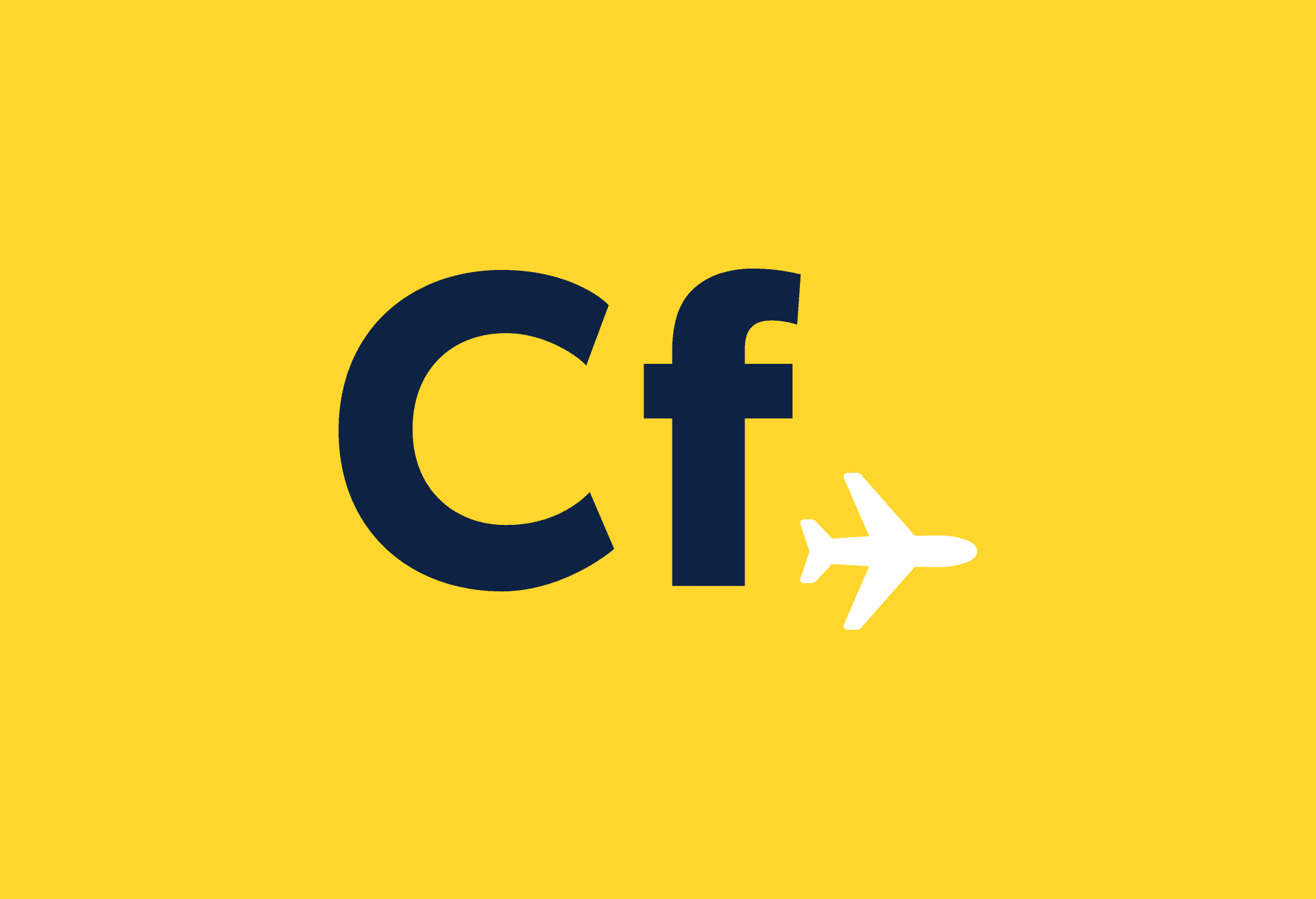With the recent collapse of XL Airways (website: www.xl.com), people will be forgiven for harbouring anxieties about the prospect of further bankruptcies leaving them stranded and potentially out of pocket.
Some 80,000 customers of XL were stuck abroad following the grounding of the airline’s fleet, while a further 200,000 had their bookings cancelled and two smaller travel operators collapsed in the wake of the failure.
Though more than 150 hastily-arranged emergency flights have now ferried most passengers back home, as many as 10,000 can expect no refund following the bankruptcy.
That has prompted a flurry of advice-mongering from industry groups, with operators keen to stress that taking a few simple precautions will guarantee holidaymakers complete protection.
By far the best safety net is the Civil Aviation Authority’s (CAA) Atol protection scheme, which entitles anyone who books through a member travel operator to full compensation in the event of a bankruptcy.
That means those who are already abroad will be helped in making alternative arrangements, free of charge, with hoteliers and travel operators receiving their payment direct from the CAA’s coffers.
The authority this week praised the wider industry for its swift response to XL’s demise, with several carriers stepping in to provide aircraft and tour operators scrambling to find accommodation.
“The support we have had from the trade has been fantastic,” asserted CAA deputy director David Moesli earlier this week.
But experts note that not everyone enjoys Atol protection. The first hurdle some passengers inevitably fall at is booking with a package holiday operator that is not fully-bonded by Abta, or an equivalent scheme known as Aito.
Details of valid licence-holders can be obtained by calling the CAA direct on 020 7453 6430, or simply looking for Abta’s yellow logo on company brochures.
Nor will passengers who book direct with their airline enjoy protection under the scheme, making it absolutely crucial that they use a credit card or Visa debit card when purchasing their tickets.
Run-of-the-mill debit cards may enjoy slightly lower transaction fees, but they offer nothing in the way of bankruptcy protection.
Another pitfall is the mistaken assumption that travel insurance covers these eventualities. Even among the minority of policies that do have such clauses, refunds rarely extend to the cost of making alternative arrangements.
BA chief executive Willie Walsh has warned the travelling public to expect several more airline failures in the coming months; hence, as Which? recently affirmed, booking with a credit card and looking for the Atol symbol are top priorities.
Commenting in the wake of XL’s collapse, the consumer group stated: “Sadly, if these don’t apply to you, there’s little hope of you seeing your money again – so bear this in mind when you book your next flight.”



